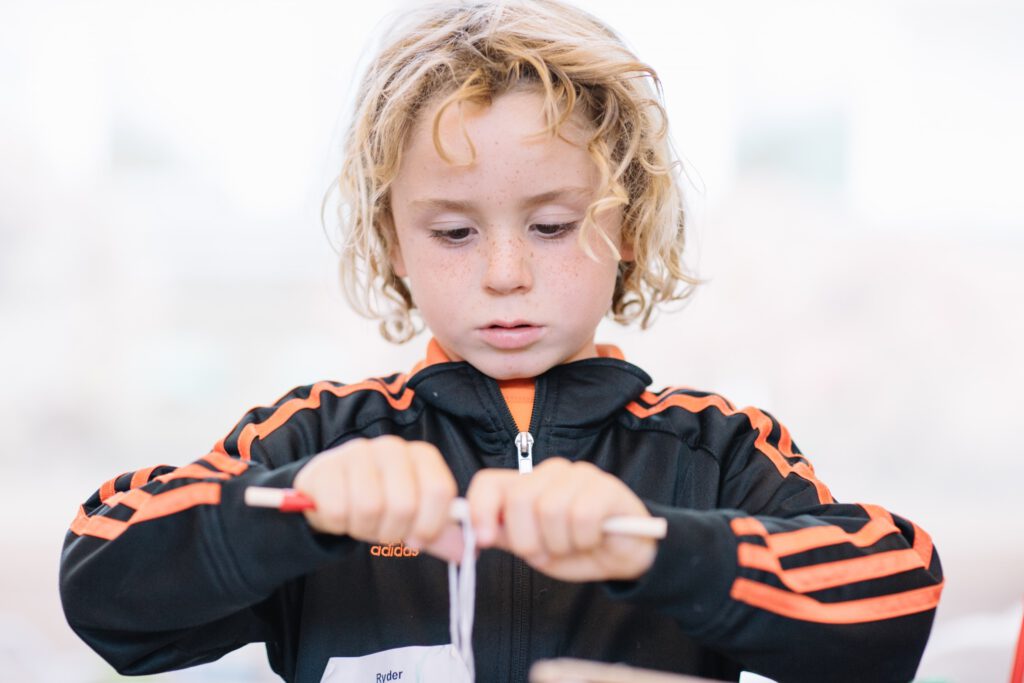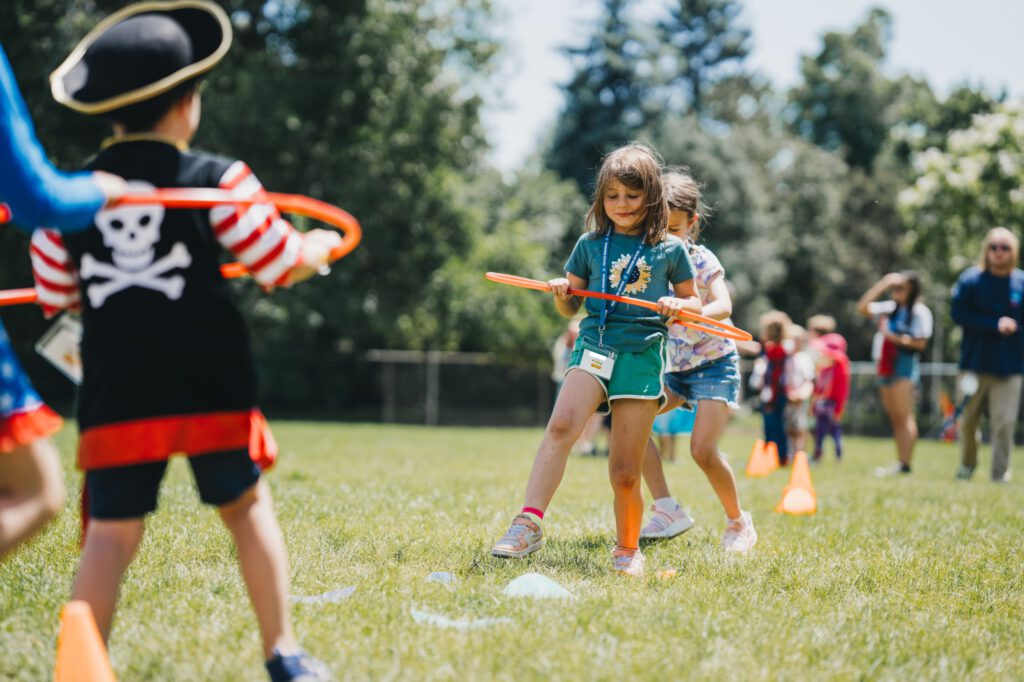Did you ever learn to play an instrument, speak a second language, or play a new sport? Chances are that the early days of these forays into new skills were riddled with incorrect notes, chaotic conjugation, field goal misfires, and any number of other mistakes.
It’s unusual to be great at something new out of the gate. The good news is that nobody’s born a concert cellist, polyglot, or NBA superstar. The better news: with intentional practice, just about any skill can be improved over time.
Practice Makes Progress
The impact of practice—deliberate, repeated performance in pursuit of improvement—is well-documented. Growth in areas like language learning, knowledge acquisition, motor skill development, and more hinges upon the ongoing, intentional practice of the burgeoning skills.
“Practice is made up of several important emotional and structural variables,” writes psychologist Dr. Josh King. “For instance, you have to get through the emotional process of finding the bravery to try new things and tolerating not being so good at things right from the start.”
Practice also has a physiological impact on the brain itself. Our brains tend to default to existing ways of thinking, using established neural pathways formed and reinforced by previous actions. However, “every time we respond differently to a familiar situation, we forge new neural pathways on top of the old ones,” continues King. “The more we practice, the stronger the new pathway gets, and the weaker the old one gets.”
The Power of Perseverance
In a 2013 TED Talk, Dr. Angela Duckworth, a psychologist and educator, defined grit as passion and perseverance for long-term goals. Duckworth describes grit not in the context of weeks or months, but in years, with gritty individuals working—and practicing—hard in pursuit turning their goals and visions into realities.
Duckworth’s concept of grit dovetails with Dr. Carol Dweck’s influential work in growth mindset: the idea that our ability to learn is not fixed, and can be changed with effort. Dweck’s ideas provide a powerful way to reframe your kids’ efforts. If your child—or you, for that matter—fails at something, it’s not that they can’t do it. It’s just that they can’t do it yet. Embracing this shift in thinking—I’m nowhere vs. I’m on a path—can change their whole mindset.
Don’t Forget the Yet
In her TED Talk, Duckworth asserts, “We have to be willing to fail. To be wrong. To start over again with lessons learned.” After all, these mistakes are not markers of permanent failure. They’re just a sign that we haven’t mastered a skill—yet.




